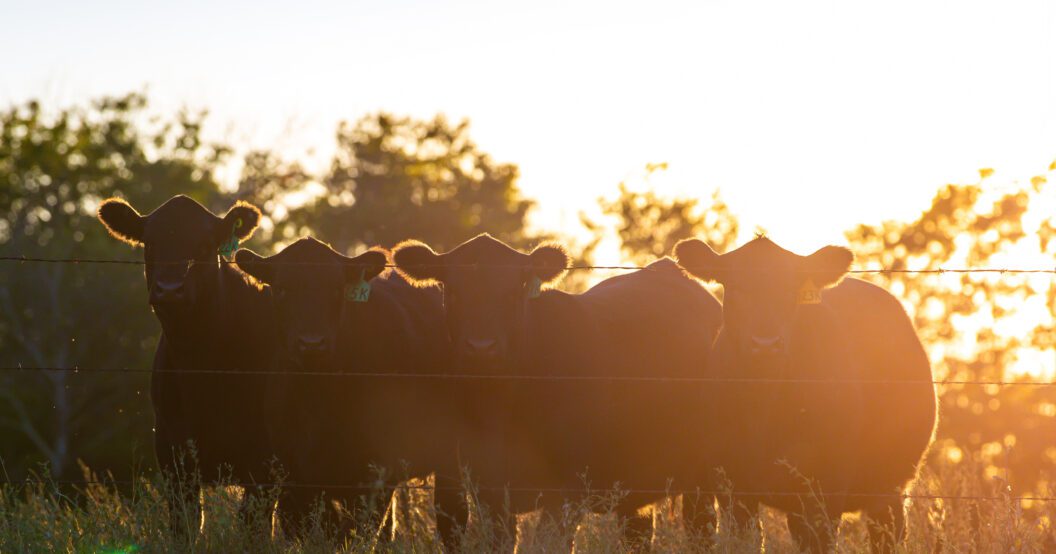NEWS RELEASE
January 15, 2023 – Calgary, AB – Today, the Canadian Roundtable for Sustainable Beef (CRSB) released its second and highly anticipated National Beef Sustainability Assessment (NBSA) and Strategy report. The assessment reflects three years of in-depth scientific analysis and highlights the Canadian beef sector’s progress between 2014 and 2021 on sustainability indicators like greenhouse gas emissions, biodiversity, carbon storage, people’s health and safety, animal care, economic contributions and more. The report also includes accompanying sustainability strategies that identify areas for continuous improvement.
The report was completed as part of over $2.8 million in funding for the CRSB under the Government of Canada’s AgriAssurance Program – National Industry Association Component, an initiative under the Sustainable Canadian Agricultural Partnership.
Key environmental Improvements include a 15 per cent reduction in greenhouse gas emissions to produce 1 kg of beef (boneless and consumed) since 2014. This improvement is largely attributed to increased efficiencies of cattle growth, leading to a smaller overall carbon footprint as fewer resources (e.g. land, water and feed) are required to produce the same volume of beef.
“It’s exciting to see the 15 per cent reduction in GHG emissions intensity, which puts us on track to achieve the 33 per cent reduction 2030 goal that the industry has set. I am proud of the Canadian beef industry’s commitment to continuous improvement, and the progress already made on our sustainability journey. This assessment demonstrates the important role Canadian beef producers and our members play in advancing sustainability, and what we can accomplish when we work together towards common goals.” says Ryan Beierbach, Chair of the CRSB and Saskatchewan beef producer.
The report also shows that land used for beef cattle production is estimated to store 1.9 billion tonnes of soil organic carbon, and with overall loss of habitat, Canadian beef farmers and ranchers play an important role in preserving intact critical habitat wildlife need for reproduction and feeding. A peer-reviewed scientific paper highlighting the Environmental Life Cycle Assessment results has been published in the Canadian Journal of Animal Science.
Visit our website for full details at crsb.ca/benchmarks.
For more information contact:
- Andrea White – Director, Marketing & Stakeholder Relations
- Jenna Sarich – Technical Consultant & Analyst
- Cassandra DeMars – Member Engagement Manager
Click the link below for Summary report.
